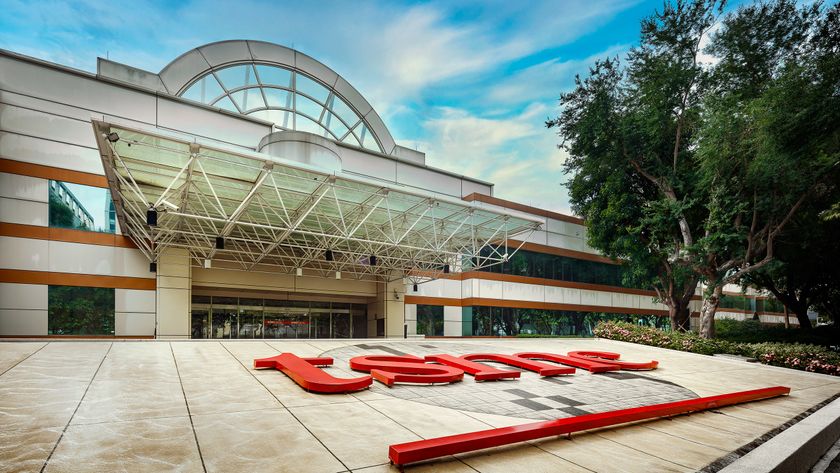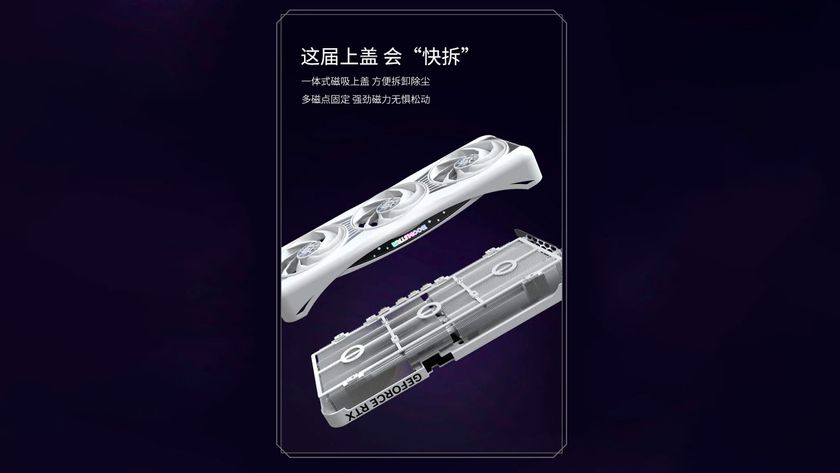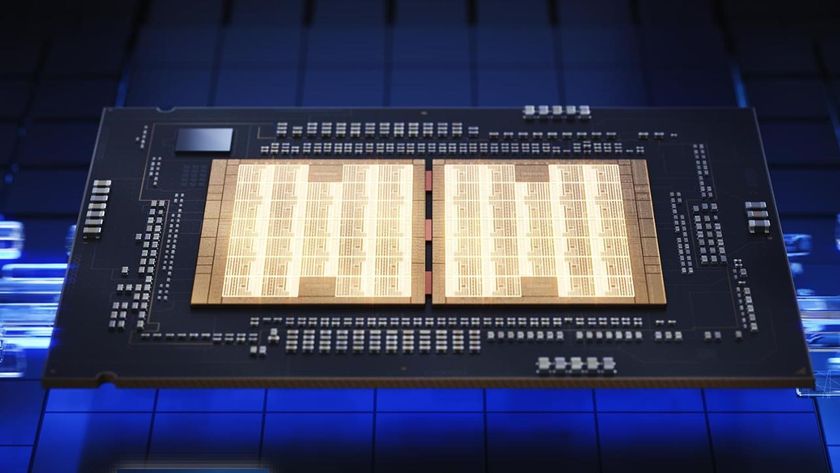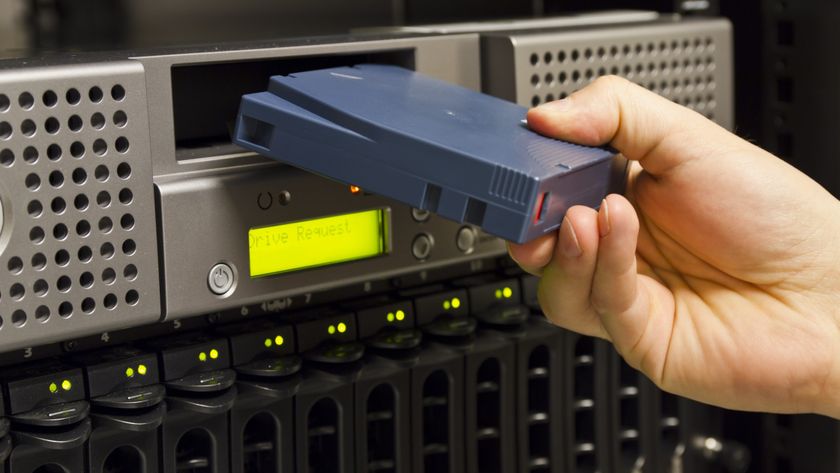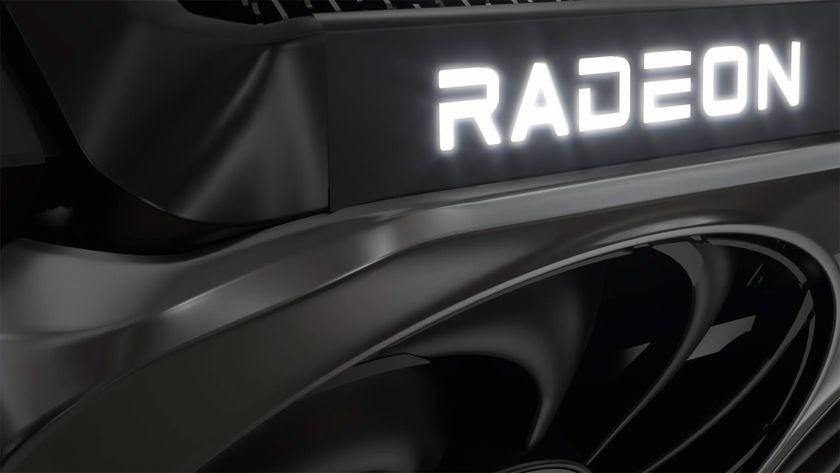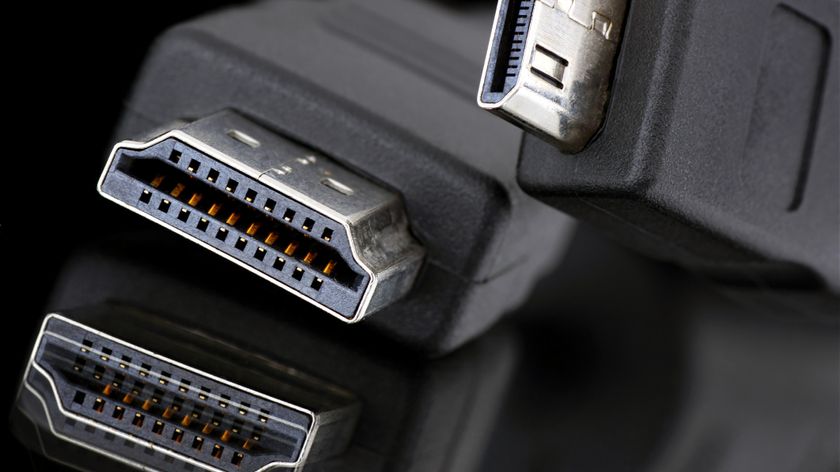Elon Musk ally leading CHIPS Act office purge — only 14% of original staff remain after dismissals
Only 22 staffers are left in the CHIPS Act office
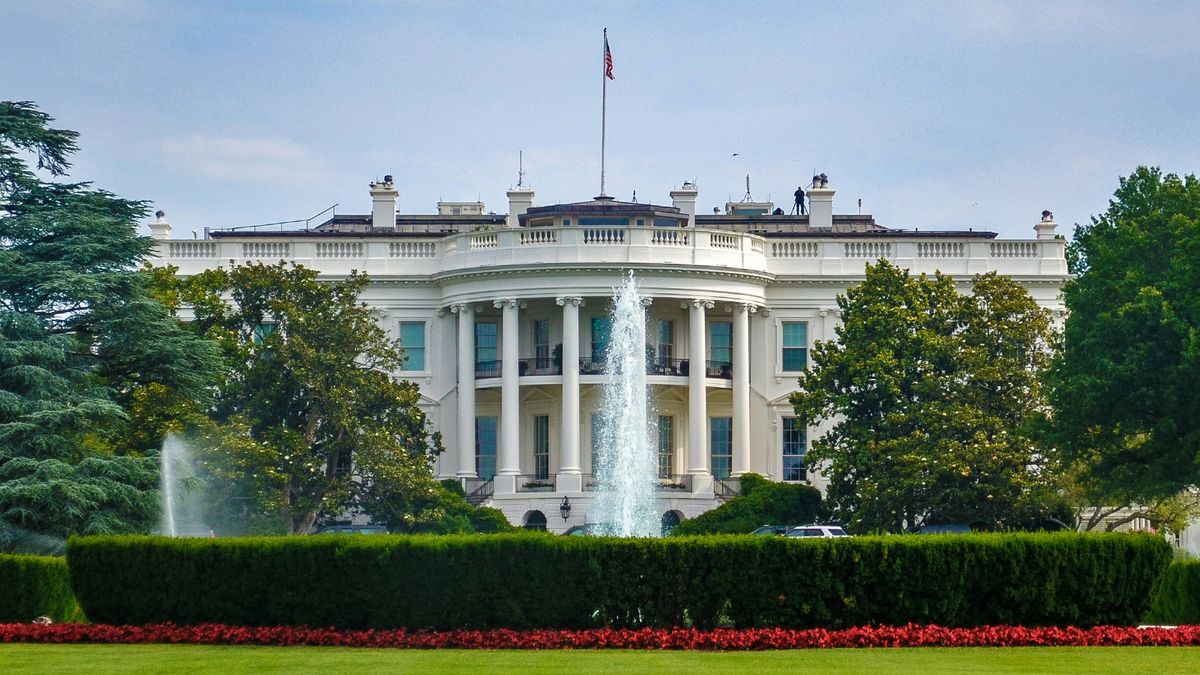
Michael Grimes, a former Morgan Stanley banker who helped Elon Musk finance his $44 billion Twitter takeover, is now leading the team that’s cutting down the CHIPS and Science Act office in the Department of Commerce. This news comes days after reports leaked that the White House is terminating 40% of the team driving the former administration’s key semiconductor strategy. According to the Financial Times, the new administration only intended to keep five probationary staff members under the office, although resistance from other personnel brought this figure to 22.
According to the Financial Times report, the external and government affairs team under the CHIPS Act office, alongside policy advisers in its strategy division have already been let go. This culling of the CHIPS Act staff members comes weeks after President Trump's administration started reviewing CHIPS Act awards with upcoming payments possibly delayed. Furthermore, the president said in his speech to the joint session of Congress that the subsidy is a “horrible, horrible thing,” asking the speaker of the House to “get rid of the CHIPS Act.”
The president has been rumored to oppose this policy even during his campaign, instead preferring tariffs to push chipmakers to build factories in America. The CHIPS Act is largely disbursed, so we don’t expect any more companies to receive awards through the CHIPS Act. How Washington will disburse the billions of dollars that were already awarded to various companies but haven’t been released yet will ultimately become the work of the remaining 14%. After all, the president also said, “Whatever is left over, Mr. Speaker, you should use it to reduce debt or any other reason you want to.” Fortunately, the staff in charge of payouts seems to be still in place, so there’s still a chance that contracts that have already been signed will still be honored.
The tariffs President Trump has placed on China, one of the biggest sources of electronic goods for the U.S., are seemingly forcing companies to move their manufacturing bases outside of the country. TSMC has just announced an extra $100 billion investment in the country; this is on top of the $65 billion that it has already spent on putting up its Arizona fab. Aside from that, the president said that Apple is spending $500 billion to build up a manufacturing plant in the U.S., with OpenAI and Oracle also spending the same amount for AI data servers.
However, it will take several years for these investments and their associated supply chains to come online. That means the average consumer will have to deal with the increased prices brought about by tariffs in the meantime.
Stay On the Cutting Edge: Get the Tom's Hardware Newsletter
Get Tom's Hardware's best news and in-depth reviews, straight to your inbox.

Jowi Morales is a tech enthusiast with years of experience working in the industry. He’s been writing with several tech publications since 2021, where he’s been interested in tech hardware and consumer electronics.
-
chaz_music Wow, you talk about a counterproductive action, in the face of a slumping economy and inflation. This Act is to help the US suppliers become more self sufficient and make the US as a whole more productive against global competitors.Reply
Being able to manufacture ICs locally is a big deal. Even the older ICs and analog ICs, but certainly the newest high end CPUs and GPUs. These knuckleheads are not paying attention that they are slamming the brakes on our economy. -
SomeoneElse23 The article didn't say ALL STAFF were fired. In fact, it clearly says "22 staffers left".Reply
It also says 14% left. That means there were originally 157 staff?
I'm not sure why 157 staff would be required for this. Clearly the administration thinks the same.
If it were a non government agency, 22 would be far too many. 10 should be plenty? -
thestryker This is about as expected because the goal isn't saving money it's the appearance of doing so. The FT article doesn't say 22 left total, but rather that's the number of probationary employees not being fired. I imagine this is related to the prior news regarding the arbitrary firing of most probationary employees in the office.Reply
Hopefully this doesn't undermine the work that's left to be done as the CHIPS Act is enormously complex in how funds are dispersed as well as keeping companies accountable for how the funds are used. -
Co BIY ReplyDustyboy1492 said:The CHIPs act was passed into law by on a bipartisan basis. Firing all the workers needed to implement the act is illegal, I hope any delays leads to a court case to force the executive branch to do their job.
What percentage of workers is the President allowed to fire ? 5% - 50%
How many should he force to stay who don't want to ? -
ravewulf How long till he panics and realizes he fired too many and/or fired someone important?Reply -
2Be_or_Not2Be Reply
First, China is NOT Taiwan (TSMC's HQ). The increase in tariffs were on Chinese exports.DS426 said:Just as the article asserted, tariffs are the new strategy to get domestic investment and manufacturing going, and seeing all the commitments that have already been announced, it's definitely working to its own end.
Second, the CHIPS act was passed before the current President took office. TSMC built plants in Arizona and Intel tried to build out more, before the new (old) President's newly announced tariffs. Both wanted to benefit from the incentives, and if the pandemic didn't teach anything else about tech, it's that having local, in-country manufacturing available is very, very helpful. To give credit to the new/increased tariffs as a "new strategy to get domestic investment and manufacturing going" is disingenuous at best.
What Intel does need, though, is those funds promised by the CHIPS act to be disbursed to them & back into their process improvements. They need to ramp up the 18A process faster, and become competitive again (maybe exceed?) with TSMC in process tech. Then they can sing the praise of 18A to all potential and existing clients, and hopefully stop foundering (or being viewed that way) as much right now.
Good competition, with strong CPUs made by both Intel and AMD (TSMC), benefits business and consumer alike. I want all of these efforts to help produce good tech at low prices for all to benefit. -
Li Ken-un Reply
That’s an “I don’t know” followed by an uncertain assertion of a specific number.SomeoneElse23 said:I'm not sure why 157 staff would be required for this. Clearly the administration thinks the same.
If it were a non government agency, 22 would be far too many. 10 should be plenty?
